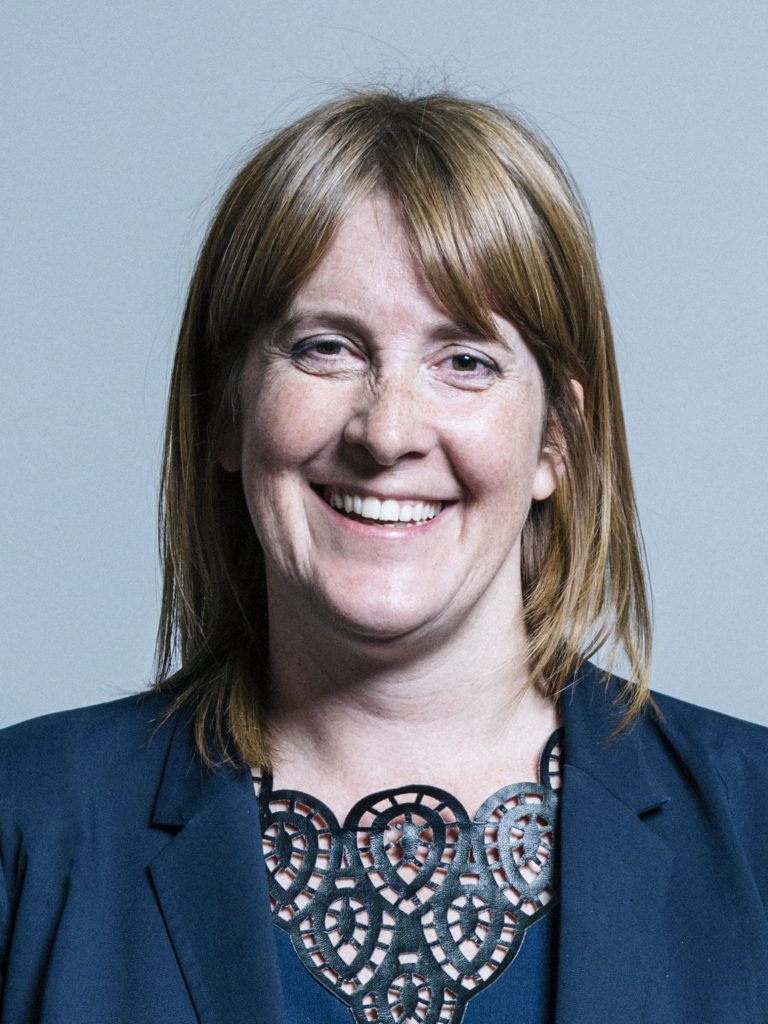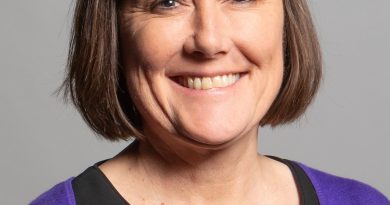Sarah Jones – 2022 Speech on the Supported Housing Bill
The speech made by Sarah Jones, the Labour MP for Croydon Central, in the House of Commons on 18 November 2022.
It is a pleasure to follow the hon. Member for Truro and Falmouth (Cherilyn Mackrory). For a long time we had a railway line from Croydon to Exeter, so I am well aware of the situation with the county lines and the little kids going down to Exeter, and I have worked with the police there in trying to reduce that vulnerability. It is also a real pleasure to speak in the debate, although my speech will be brief.
Let me start by saying how strongly I support the Bill. We have debated it at length, and, although it does not go as far as anyone of us would like, it is a step in the right direction, and I congratulate the hon. Member for Harrow East (Bob Blackman) on his work. I also congratulate—on our side of the House—my hon. Friend the Member for Birmingham, Ladywood (Shabana Mahmood), and the Select Committee, on the work that they have done.
I want to paint a picture of what is happening in Croydon. I have been told that it has more supported exempt accommodation than any other area. That may not be the case, given that Birmingham seems to have so much of it, but we certainly have very high levels of such accommodation. We also have the second highest number of looked-after young people in the country, and almost the highest, if not the highest, number of unaccompanied asylum seekers. Thousands of people are moved to our borough from other London boroughs because our accommodation is cheaper. Myriad problems are associated with that, but at the heart of them all is supported exempt accommodation, which is driving up the business model for the rogue landlords and fuelling a push towards Croydon from other parts of London, because more money can be made from its cheaper accommodation.
Let me briefly describe a few incidents that have occurred. Some of them involve supported exempt accommodation, while others involve other forms of vulnerable accommodation. In one road there were two murders in six months. The first person who was murdered had been moved from another London borough into a flat in Croydon. People were subsequently drinking in the street in memory of him, as it were, and that behaviour was protracted and became antisocial. There was a fight, and a second young man was murdered. There is a case at the Old Bailey at the moment involving a young man from my constituency. I cannot talk about it in detail, but he too was murdered. The accused is the man who lived in the next room, in supported accommodation. There was another person who the police thought for several days had been murdered because of the horrific nature of the way in which he had committed suicide; he was another vulnerable young man in supported accommodation. In cases such as these, which are beyond horrific, vulnerable people have been placed in accommodation where, for one reason or another, they have not received the support that they needed.
An increasing number of streets in Croydon in areas that are not historically known for having such problems are having difficulties related to antisocial behaviour because of the large number of vulnerable people being placed in several properties in one street and not receiving the support they need. Supported exempt accommodation is wrapped up with permitted development, which is another huge problem in Croydon. Additionally, very large office buildings are being converted into flats which are not of good quality and are often let to people on a short-term basis.
One of the issues highlighted by the hon. Member for Harrow East was the inadequate sharing of data and information. The local authority is clearly not informed about many of the people who are placed in Croydon, so the data is not there; where there are vulnerable people, the authority does not know about them. The most extreme case of that concerned a young man from another part of London who was placed in accommodation for looked-after people in the borough. He had a problem with another person, owing to gang rivalries, who was also placed in Croydon. The two bumped into each other by chance, and one murdered the other. It is enormously damaging to our communities, and to families and individuals, when data is not shared and people do not know where vulnerable people are. I have submitted a freedom of information request to all London boroughs asking them how many families they have in Croydon in any form of accommodation, whether temporary, looked-after or supported, and whether those people have addictions, mental health problems—or whatever it is. The data is coming back, and I will analyse it, but it refers to thousands and thousands of people, more in some boroughs than others. It is a real problem.
As I said earlier, supported exempt accommodation is at the heart of this issue. When I went to the local jobcentre, I was told that it was also at the heart of the problems with trying to get young people into work: they cannot go into work, because the model does not work and they are encouraged not to work. Not only do we have very vulnerable people in what is often very inadequate and unsupported accommodation, but they are not getting the opportunities to improve their lives—to go out and get work—that we all want them to have.
I will leave it there: I just wanted to give a few examples of some of the more horrific cases in my constituency. It cannot be right that we have any kind of model whereby people can make money at the expense of the taxpayer by exploiting vulnerable young people. Older people are affected as well, but in my borough it seems a lot of young people are being exploited. I congratulate the hon. Member for Harrow East on his Bill, and all those who have been fighting for such legislation for so long. I give them my full support.


